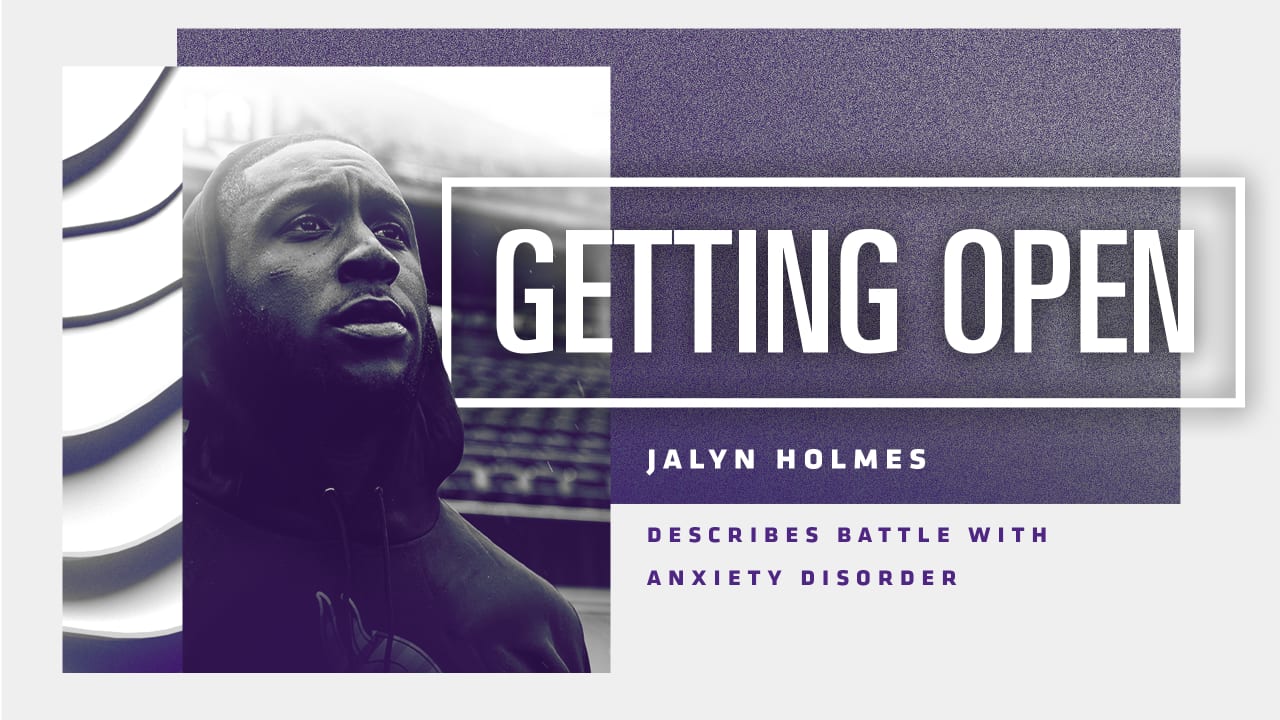Viktor
Well-known member
- Mar 19, 2019
- 2,552
- 0

Sprinkle struggles with anxiety, as well, and the pair has developed an even closer bond through their shared experience.
"We both have been battling this together, in a way," Holmes said. "Some days his anxiety will be going a certain way, and he'll tell me, 'Bro, I'm struggling right now. I need help.' And then it's vice versa. I'll tell him, 'Today is not a good day, Man. I need some help.' "
A willingness to be vulnerable has been key to Holmes' recovery.
"Once you've got people that you can trust and you can talk to, be completely vulnerable with them. They can help you. You can't do this all by yourself," he encouraged. "I had that mentality, 'I take care of my family, I take care of my son, I take care of so many people.' I have two businesses, I have people who work for me, and you've gotta be 'The Guy.' But sometimes, you've gotta lean on someone else. I'm blessed to have friends that I can do that with."
Asked if he believes there's a stigma surrounding mental illness throughout society and, at an even deeper level, among athletes, Holmes offered a knowing smile and emphatic nod before even hearing the entire question.
"Yes," he said. "No question."
Although discussions around mental health are becoming generally more and more accepted, the stigma surrounding a mental health diagnosis persists, and it does so even stronger within particular populations.
According to Mental Health America, more than 6 million men suffer from depression per year and more than 3 million men have a panic disorder, agoraphobia or other phobia. And yet men also are less likely to acknowledge or talk about such a disorder than women.
"Anecdotally … men are more likely to deny the threat of mental illness and to rely on personal resolve to overcome problems or personal challenges," Mack said. "We do know that help-seeking patterns are a little bit different between men and women. Women are more likely to seek help and at earlier stages. Men seem to endorse this idea that you can tough it out and, again, not wanting to signal any signs of weakness; they may identify closely with being providers and protectors of women and children, which means that they are going to be less-inclined to remove themselves from those roles to seek help or to even acknowledge that they might be struggling with something on an emotional level."
